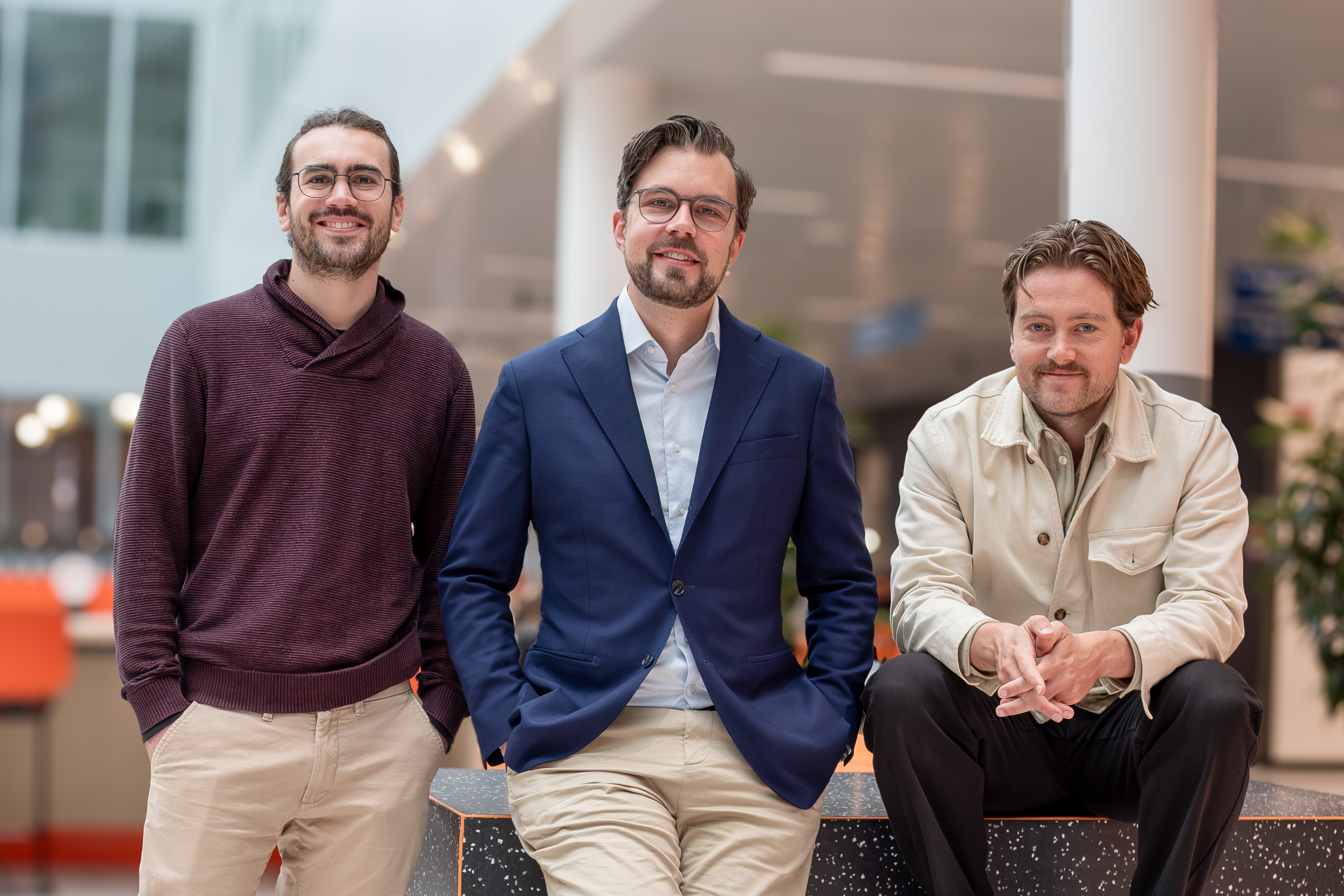As global data traffic grows rapidly with the rise of AI and cloud computing, existing silicon-based connections are reaching physical limits in speed, capacity, and power use. LiNPhA’s photonic technology, where information is carried by light instead of electricity, replaces selected parts of the silicon components with new materials. This change can enable much higher transfer speeds and reduce energy consumption at scale.
Founded by Halvor Fergestad, Alessandro Prencipe, and Fredrik Härenstam, LiNPhA has developed a new way to make extremely small optical components from lithium niobate - a material known for its ability to control light signals with exceptional speed and precision. Currently, producing such components can be expensive and wasteful, with limited supply options.
LiNPhA’s method allows them to be made more efficiently and attached to existing silicon chips as cost-effective add-ons. This approach can reduce material waste and cost by up to ten times while strengthening local, sustainable supply chains.
“We believe that our miniaturized lithium niobate modules will enable the next generation of photonics at scale,” says Halvor Fergestad, co-founder of LiNPhA.
Unlike silicon, lithium niobate can also be used to transmit the highly secure light signals required for quantum cryptography and quantum networking, making it key for future communication between quantum devices and computers.
“LiNPhA addresses fundamental limitations in one of the most promising areas of next-generation technology,” says Daniel Carlsson, Investment Manager at KTH Ventures. “Their breakthrough in lithium niobate manufacturing could make high-speed, energy-efficient data transmission widely accessible.”
LiNPhA is a research spinoff from KTH Royal institute of technology, founded with support from KTH Innovation, and is now ready to begin commercialization backed by KTH Ventures. The company’s work strengthens Europe’s technological self-reliance in this strategically important sector.
About LiNPhA
LiNPhA develops light-based communication modules using a patented process for producing lithium niobate components at wafer scale. The method lowers manufacturing costs and waste while delivering top-tier performance in speed, efficiency, and energy use. LiNPhA’s solutions serve applications in telecommunications, data centers, quantum optics, and advanced photonics—helping lay the foundation for the next generation of communication infrastructure.
About KTH Ventures
KTH Ventures invests in early-stage start-up companies based on research from KTH Royal Institute of Technology. KTH Ventures is part of the innovation ecosystem at KTH supporting commercialization via investments in companies and intellectual property rights. The aim is to make research, new ideas and knowledge from KTH generate a positive impact in society. The investment portfolio comprises more than 50 companies in many technology fields and development stages.






